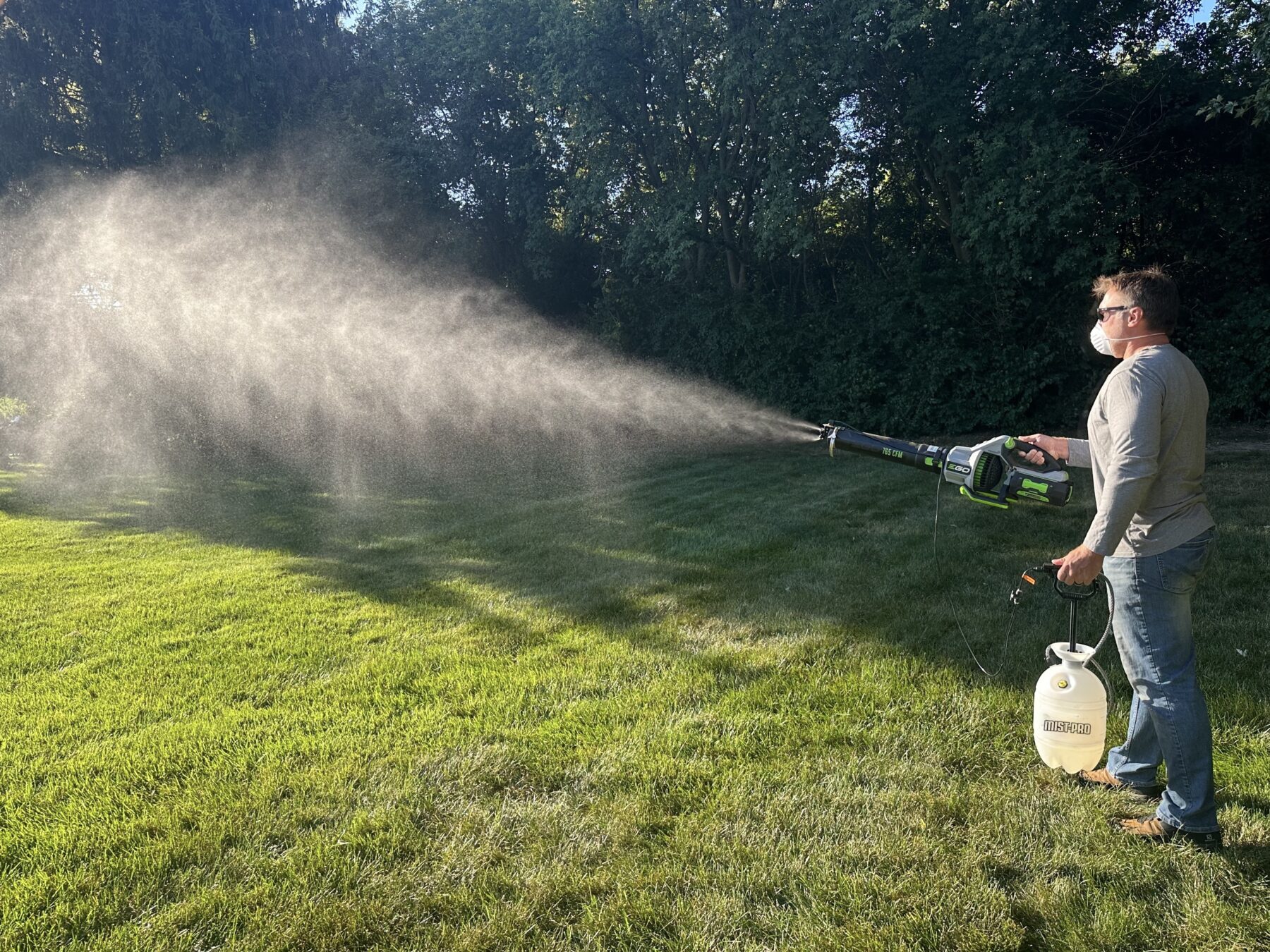Are Mosquitoes in the U.S. Harmful? A Look at Common Health Risks
Mosquitoes are one of the most common pests in the United States. Trying to enjoy a barbecue, relaxing on the porch, or hiking can quickly be ruined by their bites. But aside from being a nuisance, are mosquitoes in the U.S. genuinely harmful to your health? While most people see mosquitoes as itchy annoyances, these tiny insects can sometimes carry and spread diseases. Using an effective mosquito system designed for natural and safe control, can help minimize these risks while keeping your outdoor spaces comfortable and protected.
Why Do Mosquitoes Bite Us? The Science of the Itch
You might be surprised to learn that not all mosquitoes bite. Only female mosquitoes need blood because it helps them produce and lay eggs. Without blood, they wouldn’t be able to reproduce. Males, on the other hand, survive on nectar and plant juices.
When a mosquito bites you, it doesn’t just take your blood—it also leaves behind a little saliva. This saliva contains proteins that prevent your blood from clotting, making it easier for the mosquito to feed. Unfortunately, your immune system sees this saliva as an invader and releases histamine to fight it off. This reaction causes the familiar itching, swelling, and redness that comes with mosquito bites.
Have you ever noticed that mosquitoes seem to prefer certain people over others? They are drawn to specific factors like carbon dioxide (CO₂) from our breath, body heat, and even certain body odors or scents. People who sweat more or emit certain chemicals may find themselves bitten more often.
Health Risks from Mosquito Bites
While mosquito bites cause minor itching and irritation, some can lead to serious health issues.
- Allergic Reactions to Mosquito Bites
For most people, mosquito bites cause minor swelling, redness, and itching. However, some individuals may experience severe reactions like hives, blisters, or even skeeter syndrome, a rare condition where bites cause excessive swelling and discomfort. - Mosquito-Borne Diseases in the U.S.
- West Nile Virus (WNV): West Nile Virus is the most common mosquito-borne disease in the U.S. Most cases are mild and feel like the flu, but severe cases can lead to neurological complications. Areas like the Midwest and southern U.S. tend to see the highest number of infections.
- Zika Virus: Though rare in the U.S., Zika remains a risk in southern states like Florida and Texas. It’s particularly dangerous for pregnant women, as it can cause severe birth defects like microcephaly.
- Dengue Fever: Occasional outbreaks of dengue fever occur in Florida and Texas. Symptoms include high fever, severe body pain, and in extreme cases, life-threatening complications.
- Eastern Equine Encephalitis (EEE): While rare, EEE is one of the most serious mosquito-borne illnesses in the U.S., with a high mortality rate. It’s most commonly seen in the southeastern states.
Mosquitoes in the U.S. can also transmit La Crosse Encephalitis, Saint Louis Encephalitis, and Chikungunya, though cases remain uncommon. To reduce exposure to these risks, preventive measures such as installing a mosquito spray system can be highly effective.
Seasonal and Regional Mosquito Problems in the U.S.
Mosquito activity is especially high in the southern U.S., including states like Florida, Texas, and Louisiana, as well as along coastal regions.
Mosquito populations peak during the summer months when heat and humidity create the perfect conditions for breeding.
In urban areas, stagnant water from gutters, buckets, or even flowerpots can become breeding grounds for mosquitoes. In rural areas, natural bodies of water like ponds or marshes create ideal habitats for mosquitoes. To combat these seasonal surges, a reliable mosquito system can help manage mosquito activity effectively, keeping outdoor spaces safer and more enjoyable.
Mosquito Prevention and Protection Strategies
Preventing mosquitoes starts with eliminating their breeding grounds. Mosquitoes lay eggs in standing water, so regularly empty gutters, buckets, and other water-collecting areas around your home. For larger water features like ponds, larvicides can help stop mosquito development. Personal protection measures, such as EPA-approved mosquito repellents and wearing long-sleeved clothing, also reduce the risk of bites. To protect your home, consider using a mosquito spray system to effectively mist outdoor areas, targeting mosquitoes where they gather. Combining these strategies ensures a safer, mosquito-free outdoor experience.














Post Comment